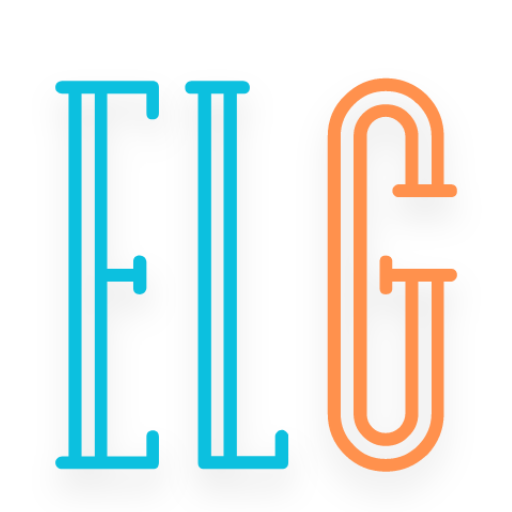The Role of an Entertainment, Event, and Experience Curator
An entertainment, event, and experience curator plays a pivotal role in the orchestration of engaging and memorable activities across various domains. The responsibilities of a curator encompass a wide array of functions, including the selection, organization, and management of diverse forms of entertainment. This can range from large-scale music festivals and cultural events to corporate functions and interactive experience marketing initiatives. A successful curator must harmoniously meld creativity with logistical considerations to ensure that each event not only captivates attendees but also fulfills the objectives of the hosting client.
To excel in this multifaceted role, a curator must exhibit a high degree of creativity, coupled with exceptional organizational skills. An eye for detail is essential, as curators must meticulously plan every element of an event, from stage design and performance lineups to vendor management and audience engagement strategies. Strong communication skills are equally crucial, as a curator frequently liaises with artists, sponsors, vendors, and clients. This collaboration is vital for articulating shared visions and ensuring that all parties are aligned, ultimately leading to a polished and cohesive final product.
Moreover, the ability to foster relationships within the industry cannot be overstated. A well-connected curator can leverage their network to gather insights, negotiate favorable terms, and secure unique talents, thereby enhancing the quality and appeal of the events they oversee. Through these collaborative efforts, curators strive to create experiences that resonate with attendees on a personal level, transcending mere entertainment. This unique position within the entertainment and events sector thus not only influences the aesthetic and operational quality of events but also significantly enriches the overall experience for all involved.
The Future of Entertainment and Event Curation
The entertainment and event curation industry is poised for significant transformation as emerging trends reshape how experiences are designed and executed. One of the most notable trends includes the integration of advanced technology, particularly virtual reality (VR) and augmented reality (AR). These technologies are revolutionizing event planning by offering immersive experiences that allow attendees to engage with content in unprecedented ways. For instance, VR can transport event participants to remote locations or allow them to experience pre-recorded shows as if they were present, while AR can enhance real-world settings with digital overlays that provide more information and interactivity.
Furthermore, shifting consumer preferences, largely influenced by global challenges such as the pandemic, are compelling curators to rethink their strategies. There is a growing demand for hybrid events that blend in-person and virtual components, enabling wider accessibility and participation. Event planners are increasingly prioritizing safety and flexibility, ensuring that attendees are comfortable and engaged, regardless of their location.
Equally important is the increasing emphasis on sustainability and diversity within event curation. As awareness of climate change heightens, there is a rising expectation for events to be environmentally responsible. This includes minimizing waste, selecting sustainable materials, and opting for eco-friendly venues. Additionally, inclusivity has become paramount, with curators focusing on creating events that represent a diverse range of voices and experiences. By incorporating various cultural elements and ensuring representation, event planners can resonate deeply with modern audiences.
As the entertainment landscape continues to evolve, the future of event curation will be characterized by innovation, inclusivity, and sustainability. By embracing these trends, curators can create memorable and impactful experiences that not only entertain but also align with the values of their audiences.
